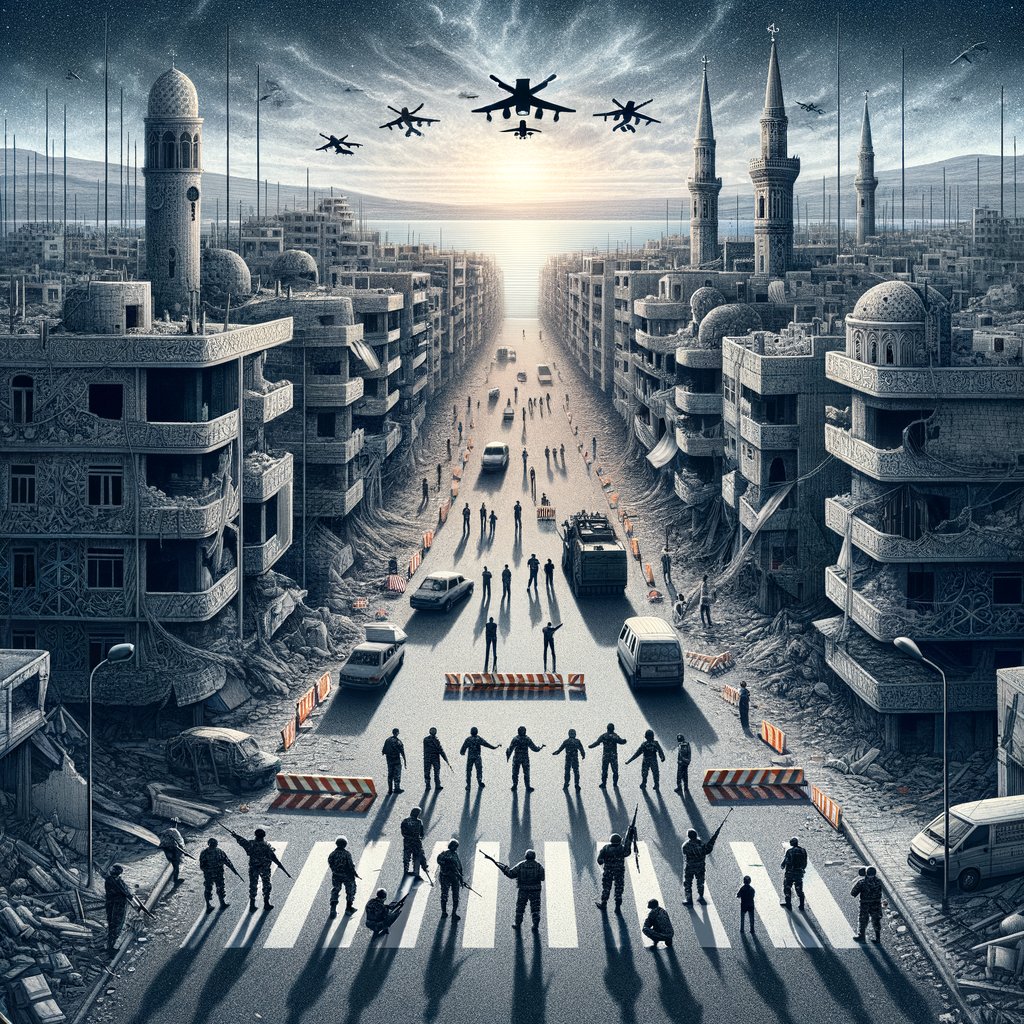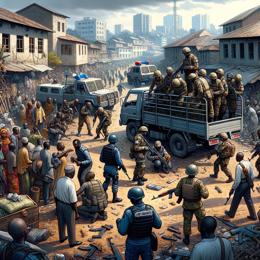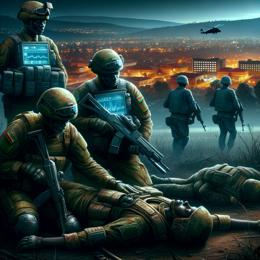Image created by AI
Tragic Uproar in Syria: Over 1,500 Fatalities in Alawite Heartland Amid New Islamist Rule
A devastating two-day uprising in the historical Alawite regions of Syria has resulted in over 1,500 deaths, according to the Syrian Observatory for Human Rights. This eruption of violence, occurring in the cities of Jableh, Baniyas, and their environs, highlights a significant escalation in the conflict that has embroiled the country for more than a decade.
The victims encompass 745 civilians, with the remainder being members of Syrian security forces and fighters loyal to Syria's former leader, Bashar al-Assad. The violence has been ignited by the enforcement measures of Syria’s new Islamist governing bodies, initiated in response to what they claim are insurgent activities aligned with Assad’s ousted regime.
The severity of these clashes brings to the forefront concerns regarding the new rulers' capabilities of inclusive governance—a pressing issue raised by both Western and Arab states. Reports from the ground indicate that the crackdown has been marred by brutal tactics, including alleged execution-style killings of dozens in single instances.
Syria’s interim president, Ahmed Sharaa, in addressing the nation, underscored the importance of restraint and adherence to moral values by the security forces during operations. This plea came amidst widespread criticism over the reported harshness of the crackdown, which officials attribute to uncontrolled civilian and fighter masses participating in or exploiting the chaos.
The coastal roads have been sealed off by authorities in an attempt to quell further violence and infractions. An emergency committee has been instituted to oversee and prosecute any deviation from military orders.
The international community watches closely as the Islamist authority strives to stabilize the region, a task complicated by the continuance of violence as reported by local and international observers. Incidents of looting, burning of homes, and sporadic killings persist, leading to a mass exodus of Alawites and Christians seeking safety. Hundreds have found temporary refuge in the Russian military base at Hmeimim in Latakia.
In a country scarred by lengthy conflict and ideological battles, the recent upsurge in sectarian violence not only exacerbates the suffering of Syrian civilians but also tests the limits of international diplomacy in dealing with Syria's complex humanitarian and political crisis.










